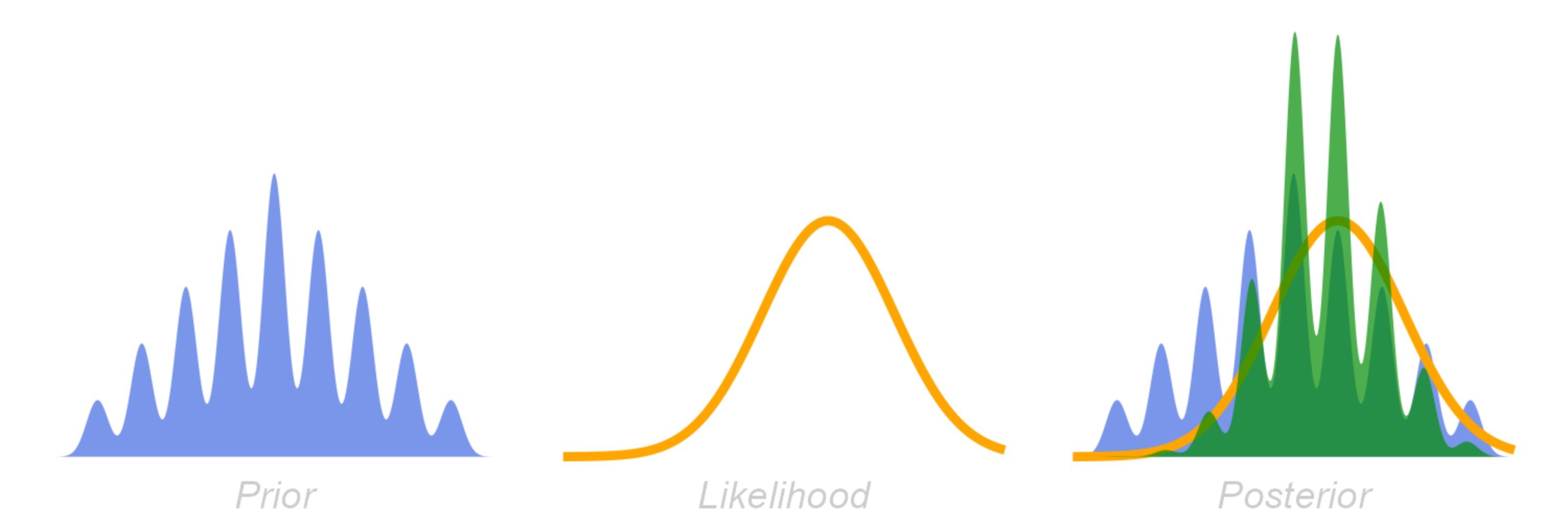Mattan S. Ben-Shachar
@mattansb.msbstats.info
3.1K followers
330 following
1.2K posts
Statistics lecturer | Freelance statistical consultant & research analyst | #rstats dev @easystats.github.io
home.msbstats.info
(He/Him)
Posts
Media
Videos
Starter Packs
Pinned
Reposted by Mattan S. Ben-Shachar
Reposted by Mattan S. Ben-Shachar
Reposted by Mattan S. Ben-Shachar
Reposted by Mattan S. Ben-Shachar






